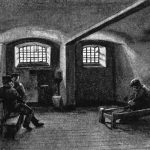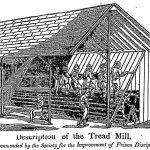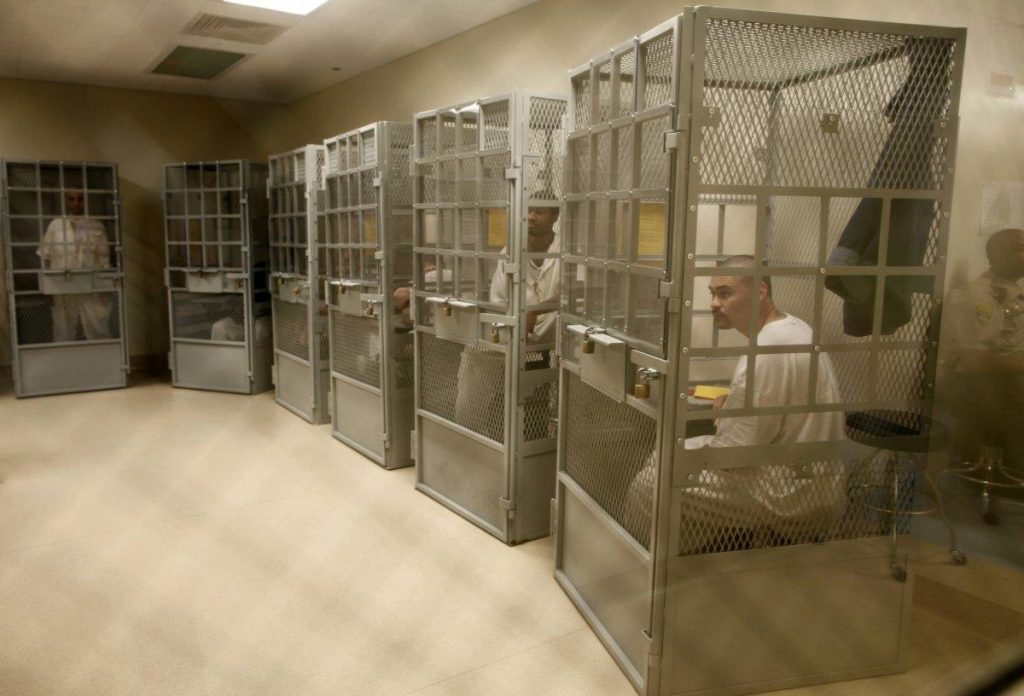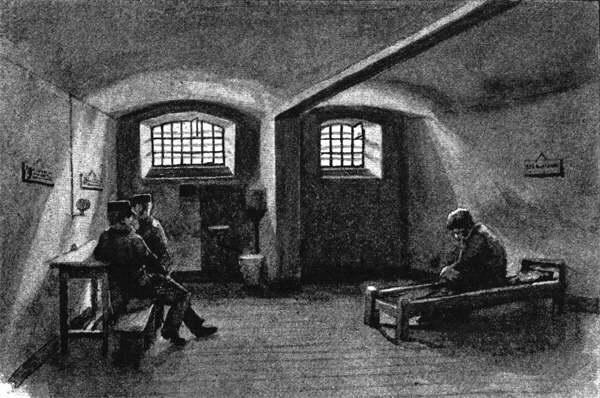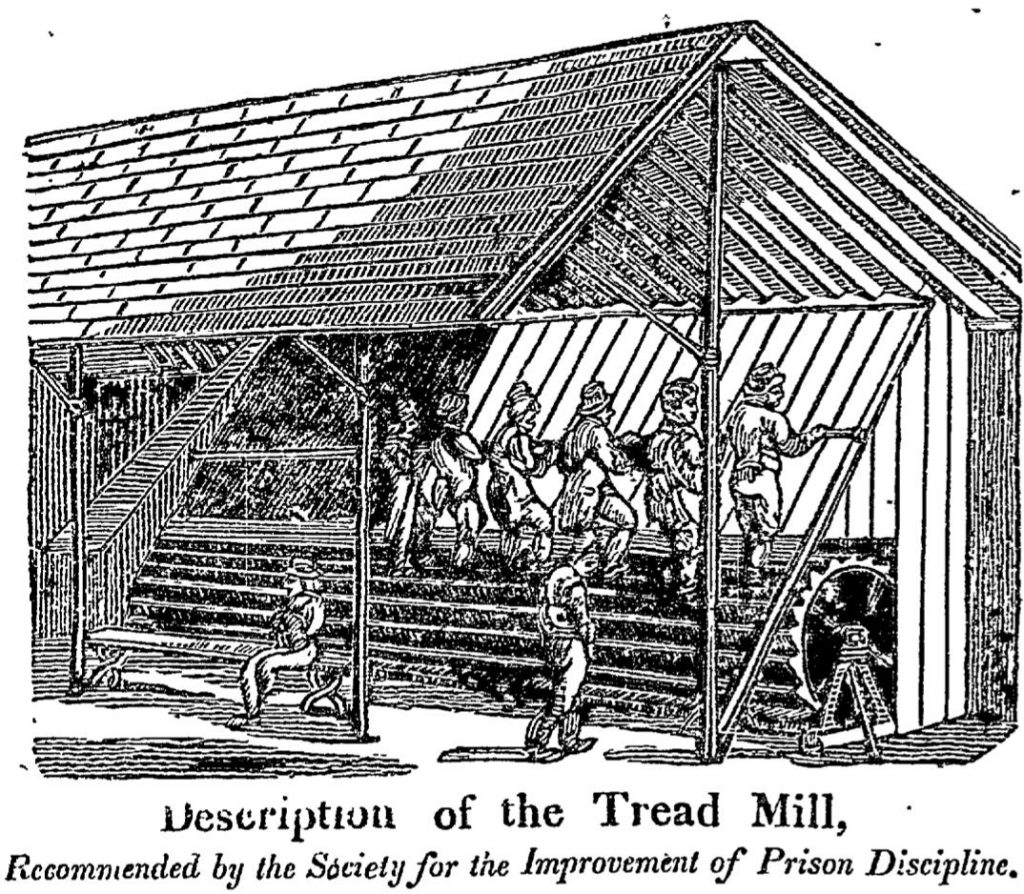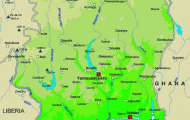On the eve of the European invasion of North America, the various aboriginal nations each possessed their own set of laws and norms dictating proper
behavior. Early European immigrants, including the Spanish, Dutch, French, and English, brought with them their distinct legal systems. English forms of
punishment eventually predominated in most of North America, although colonial criminal law differed from justice in England in several important ways.
Criminal law in England at the beginning of the seventeenth century distinguished between serious crimes (felonies) and less serious offenses
(misdemeanors). A wide variety of punishments existed in England, most which relied on the public shaming of offenders. The stocks, branding, whipping,
and mutilation were imposed to embarrass the wrongdoer in the hope that he or she would not reoffend. The goal of punishment was not to reform
prisoners but to frighten them into behaving lawfully. If the offender had committed only a minor offense, or if the convict was wealthy, a shaming
punishment might not be imposed; instead, such offenders sometimes paid a fine.
Persistent offenders often faced transportation or the death penalty. From 1718 to 1775, the English courts sentenced approximately 50,000 felons to
transportation, whereby they were shipped to America and sold as indentured servants. The English criminal law of the eighteenth century, often referred
to as the Bloody Code, prescribed capital punishment for upwards of 160 felonious offences by the 1760s, though many convicts received reprieves
through benefit of clergy, transportation, or royal pardon.
Confinement in stocks, sometimes for extended periods, was a common punishment in colonial America, especially in Puritan New England. Those
convicted of what were considered serious crimes, including moral offenses, were thus subjected to public shame and ridicule. (Brown Brothers, Sterling,
Pennsylvania)


